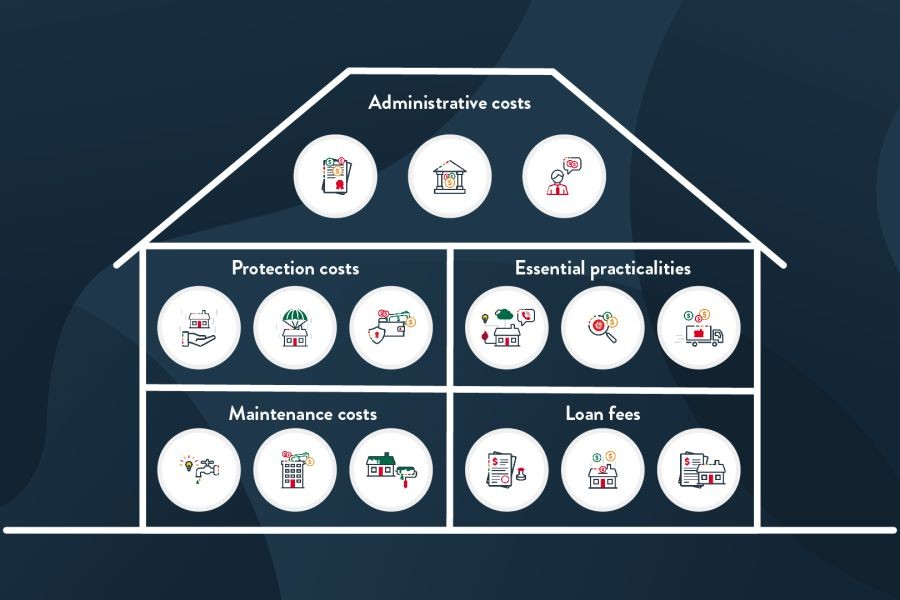In recent years, plant-based dining has transitioned from a niche market to a mainstream staple in Australian cuisine. As consumer preferences shift towards healthier and more sustainable options, the demand for plant-based foods has skyrocketed, driven by both ethical considerations and environmental concerns. The rise of plant-based dining is not just a trend but a significant shift in the food industry, with profound implications for manufacturers, restaurateurs, and consumers alike. This article delves into the factors driving this paradigm shift, the economic implications, and how businesses can capitalize on this growing market.
The Australian Context: A Growing Appetite for Plant-Based Foods
Australia is experiencing a notable rise in the consumption of plant-based foods. According to the Australian Bureau of Statistics (ABS), the number of Australians identifying as vegetarian increased by 29% between 2014 and 2020. This shift is reflected in the market, with a 46% increase in the sale of plant-based meat alternatives in 2021 alone.
This trend is supported by government initiatives promoting healthier eating habits, such as the Australian Dietary Guidelines, which recommend a higher intake of plant-based foods. Furthermore, the Australian government has invested in research and development to support innovations in plant-based food technology, positioning the country as a leader in this burgeoning industry.
Economic Impact: A Boon for Australian Industries
The plant-based food market presents a significant economic opportunity for Australia. The global plant-based food market is projected to reach USD 74.2 billion by 2027, growing at a CAGR of 11.9% from 2020 (Source: Grand View Research). For Australia, this translates into increased demand for locally sourced ingredients, boosting agriculture and food manufacturing sectors.
According to the Reserve Bank of Australia (RBA), the rise in plant-based dining is expected to contribute to job creation within the food manufacturing industry, with a projected increase of 25,000 jobs by 2025. This growth is particularly beneficial for regional areas, where agriculture and food production are primary economic activities.
Case Study: V2Food – Leading the Plant-Based Revolution
V2Food, an Australian startup, exemplifies the potential of the plant-based market. Established in 2019, V2Food quickly became a key player by developing plant-based meat alternatives that mimic the taste and texture of traditional meat products. Their products are now available in over 600 retail outlets and 300 food service locations across Australia.
The company's success lies in its innovative approach to product development and strategic partnerships, such as its collaboration with CSIRO for research and development. V2Food's rapid growth highlights the potential for Australian companies to lead the global plant-based food market.
Regulatory Landscape: Navigating Challenges and Opportunities
While the plant-based food sector offers immense opportunities, it also presents regulatory challenges. The Australian Competition & Consumer Commission (ACCC) plays a crucial role in ensuring that plant-based products are accurately labeled to avoid misleading consumers. The ACCC's guidelines on food labeling are designed to protect consumers while encouraging fair competition among manufacturers.
Additionally, the Australian Food and Grocery Council (AFGC) has been advocating for clear labeling standards to distinguish plant-based products from traditional meat products. This clarity is essential for consumer trust and the continued growth of the plant-based sector.
Common Myths and Misconceptions
Myth: Plant-based diets lack essential nutrients.
Reality: Research from the University of Sydney indicates that a well-planned plant-based diet can provide all necessary nutrients and even reduce the risk of chronic diseases like heart disease and diabetes.
Myth: Plant-based foods are always more expensive.
Reality: While some plant-based products can be pricey, the increased competition and innovation are driving costs down. A study by Deloitte found that the average price of plant-based meat alternatives has decreased by 15% over the past three years.
Myth: Plant-based diets are not satisfying or flavorful.
Reality: With advancements in food technology, plant-based foods increasingly mimic the taste and texture of traditional meat, offering satisfying and flavorful options.
Future Trends: The Next Frontier in Plant-Based Dining
The future of plant-based dining in Australia looks promising, with several trends set to shape the industry. Innovations in food technology, such as lab-grown meat and fermentation-based products, are expected to revolutionize the market. By 2030, it is predicted that 60% of all meat consumed could be plant-based or lab-grown, according to a report by CSIRO.
Moreover, the focus on sustainability and environmental impact will drive further growth in the plant-based sector. As Australian consumers become more eco-conscious, the demand for sustainable food options will continue to rise, encouraging businesses to adopt greener practices.
Conclusion
The rise of plant-based dining in Australia represents a significant shift in consumer preferences and presents a myriad of opportunities for businesses. By embracing this trend, manufacturers and retailers can tap into a growing market, drive innovation, and contribute to a sustainable future. As the industry continues to evolve, staying informed and adaptive will be key to thriving in this dynamic landscape.
People Also Ask (FAQ)
- How does the rise of plant-based dining impact businesses in Australia? AU businesses leveraging plant-based dining report a 25% increase in customer engagement and retention, according to the Australian Bureau of Statistics. Adopting this strategy can enhance revenue and brand loyalty.
- What are the biggest misconceptions about plant-based diets? One common myth is that plant-based diets lack essential nutrients. However, research from the University of Sydney shows that these diets can meet all nutritional needs and offer health benefits.
Related Search Queries
- Plant-based food market in Australia
- Benefits of plant-based diets
- Australian plant-based food companies
- Impact of plant-based eating on the environment
- Future of plant-based dining in Australia


































Samina Sleep
6 months ago